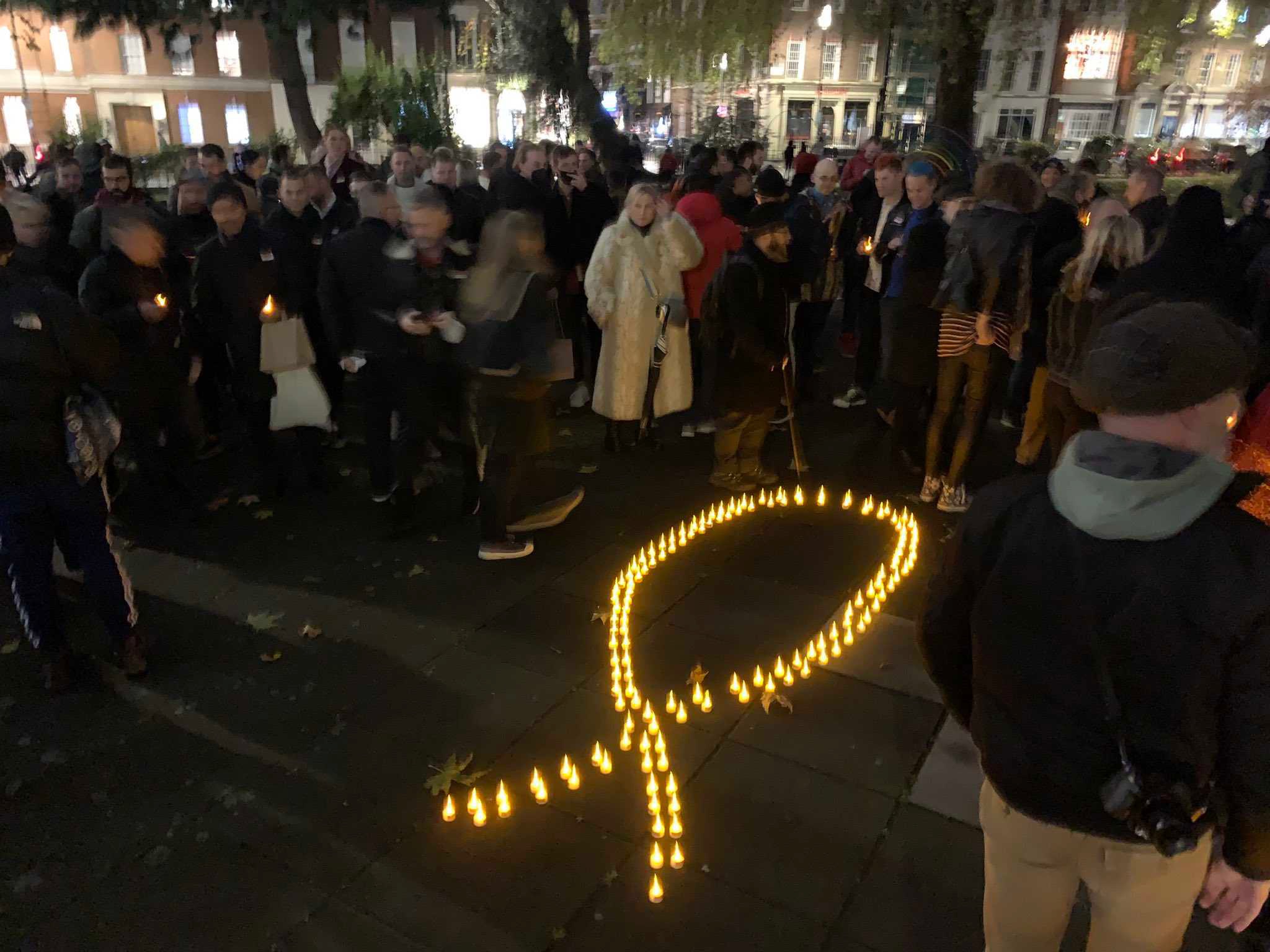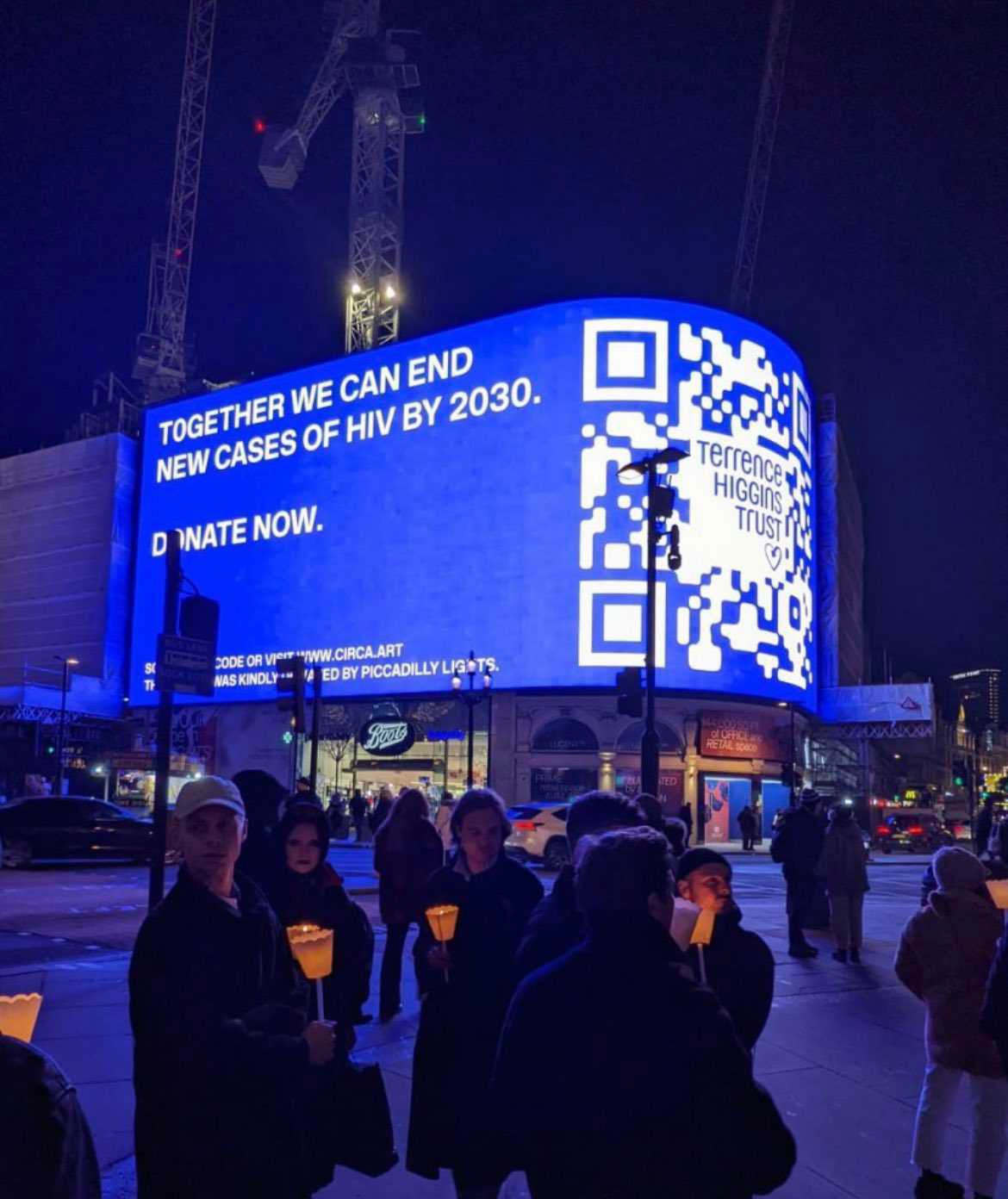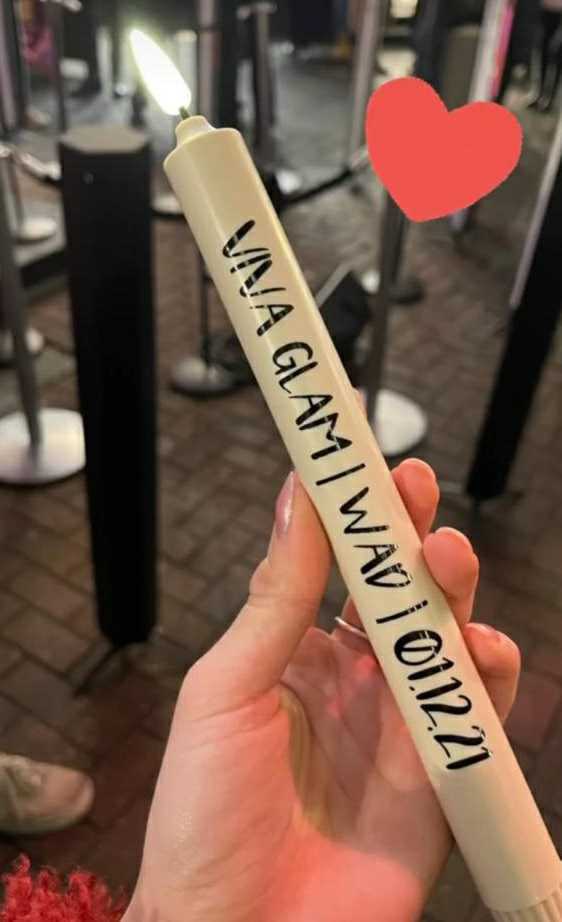

On December 1st, 2021, London was lit up to celebrate World AIDS Day. The event highlights the global fight against HIV and AIDS – spurred on by the tireless efforts of activists, community leaders, and public health practitioners. Thousands of people across the city wore a colored ribbon to raise awareness.
The day marked an opportunity to reflect on the enormous impact of HIV, which remains a major public health challenge in the capital. A candlelit vigil was held in Soho to commemorate the 36 million individuals who have died from AIDS.
The vigil was organized collaboratively by the organization’s AIDS Memory UK and STOP AIDS. A number of high-profile speakers spoke at the gathering, including Professor Jane Anderson CBE, chair of the National AIDS Trust, Pippa Catterall, Professor at Westminster University, and Ash Kotak, activist and playwright.
Glyn Myfyr, who attended the ceremony, said: “Many of my friends live with HIV and lead healthy lives like anyone else. We’ve come so far in the past 40 years but it’s also important to remember those we lost.”
July 1st, 2021 marked the 40th anniversary of the UK’s first HIV diagnosis, and it’s clear that there is still much to be done to stop the virus, especially in London. According to the latest figures reported by the UK Health Security Agency, around 37,000 Londoners are living with HIV, the highest rate in the UK. Globally, an estimated 37.9 million people are living with HIV.
The Mac AIDS Fund (MAF), which has alliances in more than 20 countries, also hosted a World AIDS Day event on Carnaby Street. The event was attended by renowned activists and speakers who spoke about the cause. The company has made ground-breaking contributions to the cause, including funding trials for experimental HIV vaccines and microbicides, investing $100 million to support local AIDS services organizations, and establishing a global fund by donating a percentage of its annual profits.
Local governments in the UK’s capital city are also stepping up their game. Many councils have set a target of achieving ‘zero new HIV diagnoses, improved community empowerment and equality, and eradicated stigma’ by 2030.
The London HIV Prevention Programme (LHPP) and its ‘Do It London’ campaign, bring boroughs together to raise awareness and promote good sexual health. Since the campaign launched in 2015, new HIV diagnoses have fallen by 41% – this is the quickest decrease for any region in the UK. The program’s wide-ranging efforts include prevention advocacy and providing frontline needle exchange services.
On average, 29 people are diagnosed with HIV in London every week.
Our goal is 0.
We can all play our part and help achieve this by:
? Getting tested
? Raising awareness of PrEP
? Calling out stigma and misinformation#WorldAIDSDay— Mayor of London, Sadiq Khan (@MayorofLondon) December 1, 2021
Danny Thorpe, London Councils’ Executive Member for Health and Care, released a statement stating: “Forty years of the HIV/AIDS pandemic gives us so much to reflect on and learn from… While there’s a huge amount of sorrow and loss, there’s also incredible progress being made and real hope of ending HIV altogether.”
On Wednesday, Lambeth Council relaunched their ‘Four Sure’ initiative – a part of the Do It London campaign. The creative advocacy scheme is designed to remind Londoners that HIV is preventable. The ‘four sure’ ways of preventing HIV include regular testing; obtaining treatment as soon as possible after a diagnosis to reach ‘undetectable’ status; indulging in safe and protected sex; and taking the antiretroviral medication Prophylaxis for Pre-Exposure (PrEP).
Lambeth reflects on the positive recent developments in HIV treatment and prevention in London on this Dec 1 World Aids Day. https://t.co/IL2DJNRNWU pic.twitter.com/0ISPvw6hWE
— Lambeth Council (@lambeth_council) December 1, 2021
While new diagnoses have decreased in the UK and globally, the letters “HIV” still summon fears for many, and this is understandable. In some places, it may seem like the fight against HIV is already over. But places like London are pushing full steam ahead to reach zero – and their success might cast HIV in the UK into oblivion someday soon.

